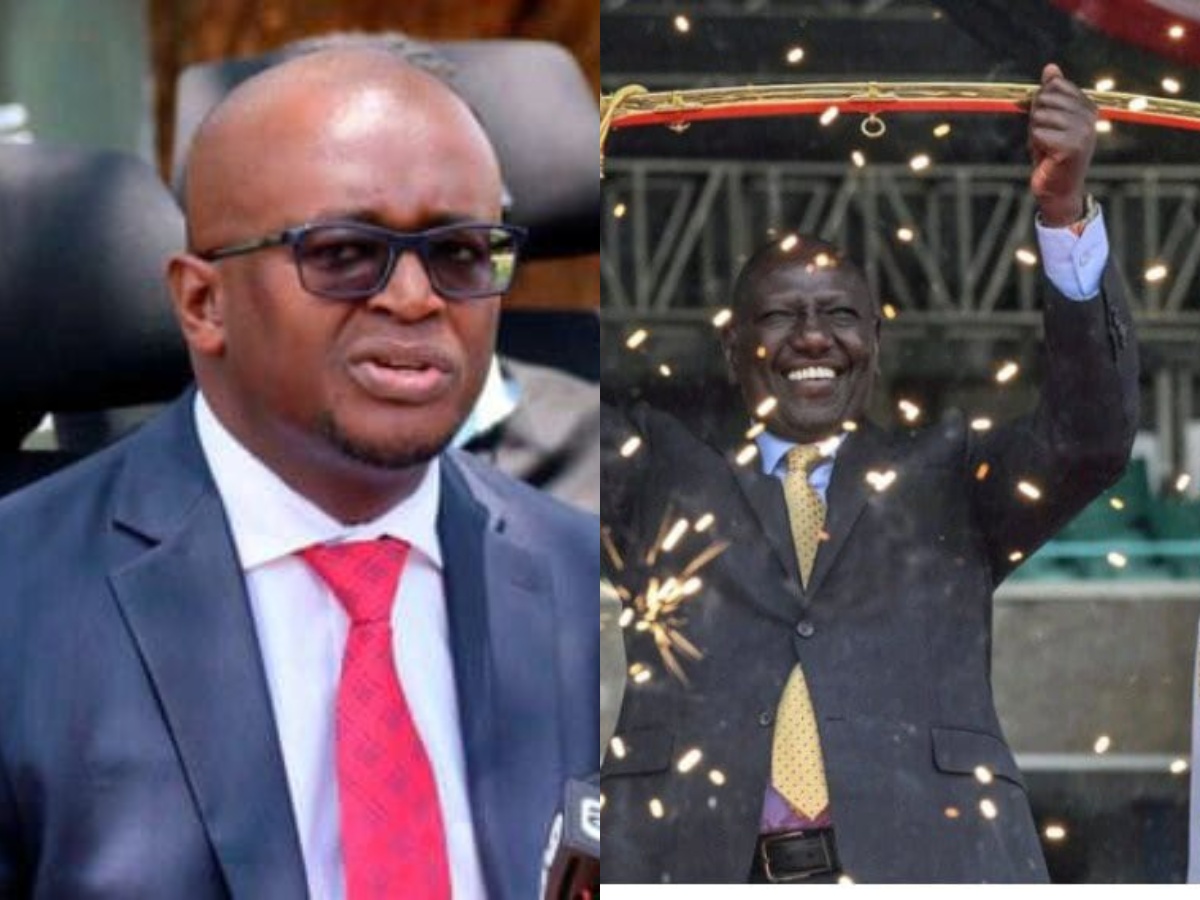The Law Society of Kenya criticized and described President William Ruto’s recent statement, in which he suggested deploying the ceremonial sword to deal with individuals opposing the Housing Levy through the courts, as aggressive and reckless.
LSK President Eric Theuri voiced worry, describing Ruto’s words as a threat to the court and Activists challenging government policies, especially the Housing Levy.
“As a society, we wish to condemn the utterances by the Head of State that he was given a sword upon inauguration and he will use that sword on people he considers to be enemies of the Republic of Kenya by virtue of them exercising their right to go to Court and challenge Government decisions, including those that have gone to Court to challenge the Housing Levy,” Stated LSK President, Eric Theuri.
Theuri condemned the president’s words stating that it is the right of Kenyans to challenge government actions through legal means.
He pointed out that the courts had already ruled on the unconstitutionality of the Housing Levy, making it crucial for the President to respect the judicial process.
“The Courts have spoken about the unconstitutionality of the Housing Levy. The President should therefore respect the ongoing Constitutional processes and refrain from issuing such veiled threats,” said Theuri.
Additionally, the LSK boss expressed concern over potential undue influence on the Judiciary, urging the courts to remain independent in safeguarding the rights of Kenyans.
Furthermore, he raised apprehension about enforced disappearances through abductions, referencing past incidents following the President’s controversial ‘mambo ni matatu’ slogan, which he says, led to the harassment of advocates and coerced case withdrawals.
“Those statements were followed by a threat to parties who had cases in Court to withdraw the same, and we are aware that several advocates were harassed and intimidated for representing clients’ cases, leading to their coerced withdrawals,” he noted.













